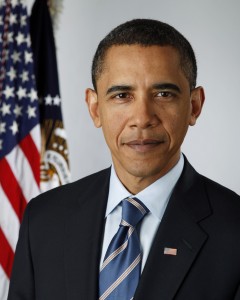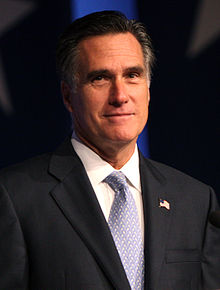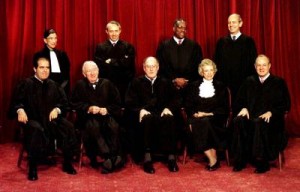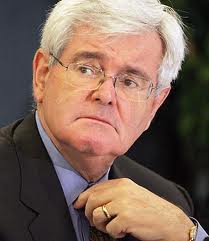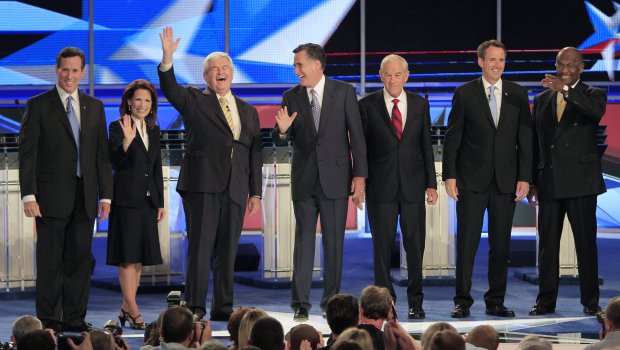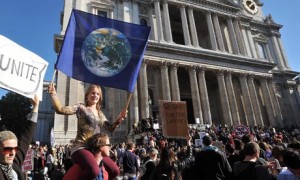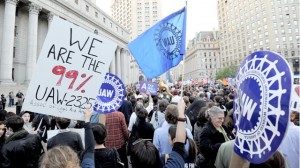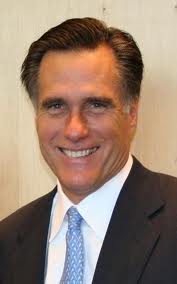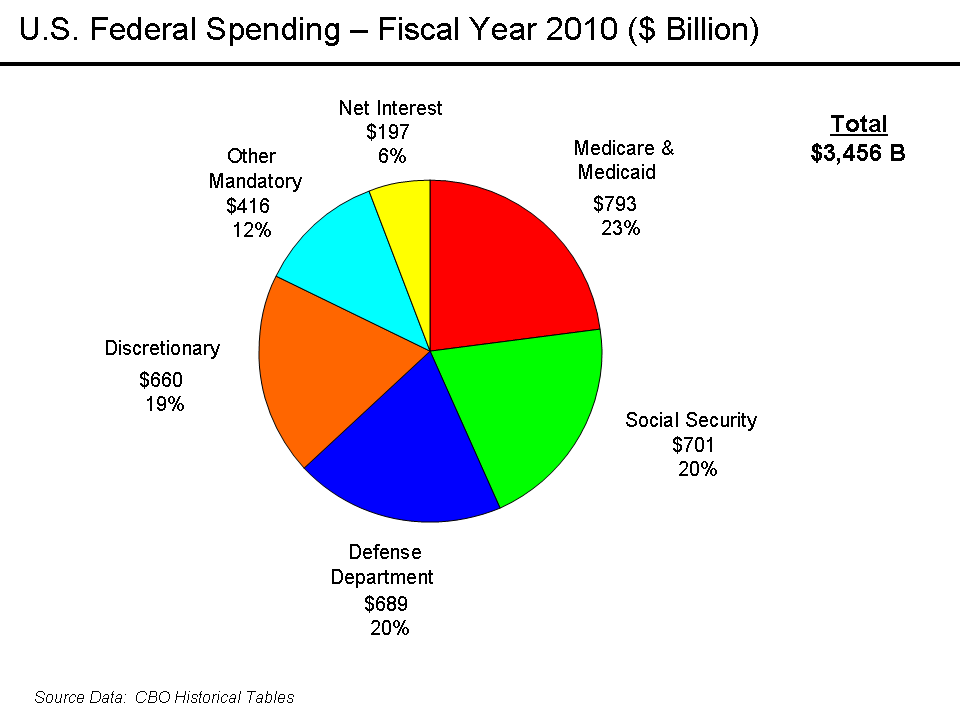We generally try to avoid partisan politics, believing that with respect to public health, disaster preparedness and risk reduction, we’re all in the same metaphorical boat. However, Maureen Dowd, writing in The New York Times, has pointed out some alarming statements by Mitt Romney, candidate for the Republican nomination in this year’s presidential election. We’re going to try to parse some of the statements
“If Barack Obama is re-elected,” Romney robotically swaggered in Georgia, “Iran will have a nuclear weapon and the world will change if that’s the case.”
If President Obama is re-elected, then Iran will have a nuclear weapon. That’s the fairest reading, since there’s no point in mentioning the premise/cause (“If President Obama is re-elected”) unless asserting a causal relationship. If Iran’s nuclear weapon development were inevitable, in Romney’s view, he could say that, and then argue that a Romney administration would somehow procure a better outcome with respect to Iran’s nuclear weapons acquisition.
It might be true Romney has a better plan.
That apocalyptic answer came in response to a question from an 11-year-old boy at a pancake breakfast. Romney is channeling Dick Cheney, who wooed voters in 2004 with the cheery mantra that voting for John Kerry would lead to a terrorist attack. Message: You die.
Speaking by satellite to the American Israel Public Affairs Committee conference here, Romney outpandered himself.
“I will station multiple aircraft carriers and warships at Iran’s door,” he said as if he were playing Risk. Not afraid to employ “military might” (or alarming alliteration), Romney wrote a blank check to Bibi Netanyahu, who governs a nation roiling with reactionary strains, ultra-Orthodox attacks on women and girls and attempts at gender segregation, and increasing global intolerance of the 45-year Palestinian occupation.
As the New Yorker editor David Remnick wrote, Netanyahu and his supporters too often “consider the tenets of liberal democracy to be negotiable in a game of coalition politics.”
Nonetheless, Romney promised that “Israel will know that America stands at its side in all conditions and in all consequence.” We will support Israel when its survival is threatened. But we can’t possibly support every single military action of every single Israeli government.
Romney crudely painted Obama as an Arab sympathizer. “As president, my first foreign trip will not be to Cairo or Riyadh or Ankara,” he said. “It will be to Jerusalem.”
The Israeli fear of an Iranian nuclear weapon must be respected, not least because the regime intent on developing this weapon is the world’s greatest center of Holocaust denial. And the timing is tricky. As Bill Kristol put it, Obama’s urge to wait “would precisely undermine Israel’s ability to determine her fate.”
But I’d feel better if our partner was not the trigger-happy Netanyahu, who makes hysterical arguments even in the absence of a dire threat. At Aipac, he compared those who want to be less hasty than he does to America’s refusal to bomb Auschwitz in 1944.
I’d also feel better if war was not being mongered by the same warmongers who drew us into a decade of futile, bloody, expensive and draining battles.
At Aipac, Liz Cheney urged that we put ourselves in Israeli hands because “America’s track record on predicting when nations reach nuclear capability is abysmal.” She’s right about that, given her father’s wildly erroneous assertions about W.M.D.s in Iraq.
“There is no president,” she outrageously averred, “who has done more to delegitimize and undermine the state of Israel in recent history than President Obama.”
The Senate minority leader, Mitch McConnell, promised “overwhelming force” on Iran if necessary. And John McCain, who is also calling for an international air assault on Syria, agreed with Liz Cheney, arguing that since the U.S. was “surprised” when Pakistan and North Korea got nuclear technology, it was not fair to ask Bibi to rely on Barry’s judgment about when to use force.
Let’s get back to pre-emptive wars!
The campaign sugar daddy of Newt Gingrich (and soon, Romney) is Sheldon Adelson, a multibillionaire casino owner and hawkish Zionist who endorses Gingrich’s view that the Palestinians are “an invented people” who have no historic claim to a homeland. Gingrich told Aipac that “if an Israeli prime minister decides that he has to avoid the threat of a second Holocaust through pre-emptive measures, that I would require no advanced notice to understand why I would support the right of Israel to survive in a dangerous world.”
At a press conference Tuesday, the president excoriated the “bluster” and “big talk” in this political season about bombing Iran. “When I see the casualness with which some of these folks talk about war, I’m reminded of the costs involved in war,” he said, adding: “This is not a game. And there’s nothing casual about it.” There would be consequences for both Israel and America, he cautioned, “if action is taken prematurely.”
“When I visit Walter Reed, when I’ve signed letters to families,” he said, “whose loved ones have not come home, I am reminded that there is a cost.”
And, he noted dryly, “Typically, it’s not the folks who are popping off who pay the price.”
via Liz Cheney — Desist! – NYTimes.com.

